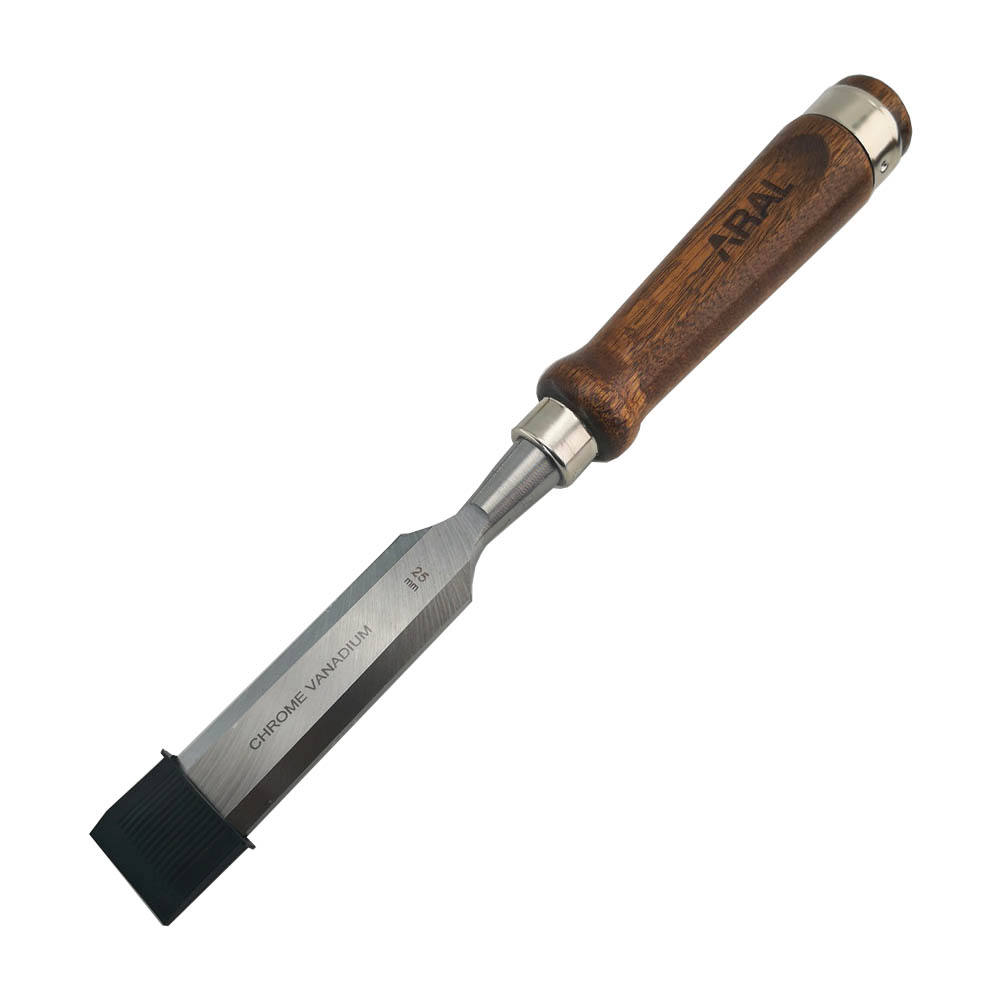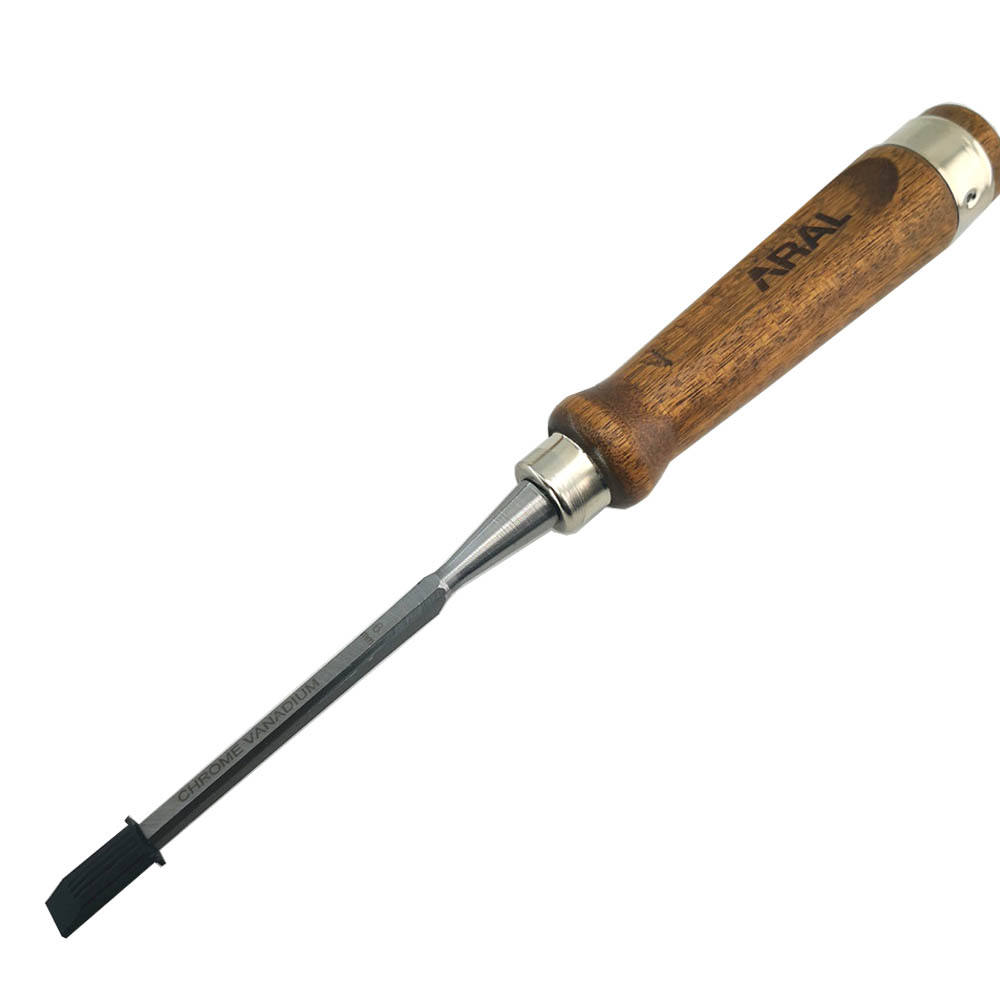Building trust in tools involves ensuring their reliability, durability, and performance. Quality wooden handles play a significant role in instilling this trust, as they contribute to the overall functionality and longevity of the tools. Here’s how quality wooden handles contribute to building trust in tools:
1. Durability and Longevity: Quality wooden handles are crafted from sturdy, well-seasoned wood species that can withstand wear, impact, and various working conditions. Their durability ensures that the tool remains functional over time.
2. Comfort and Ergonomics: Handles crafted with attention to ergonomics provide comfort during use, reducing fatigue and promoting accurate work. Users trust tools that feel comfortable and natural in their hands.
3. Resistance to Wear: A properly finished wooden handle is resistant to moisture, dirt, and other environmental factors. This resistance prevents the wood from warping, cracking, or deteriorating quickly, contributing to the tool’s reliability.
4. Control and Precision: Quality wooden handles enhance the user’s control and precision, leading to accurate and efficient work. This level of control builds trust in the tool’s performance.
5. Vibration Dampening: Wooden handles have natural vibration-dampening properties, making tools more comfortable to use and reducing the risk of hand and arm fatigue. This contributes to the tool’s reliability during extended use.
6. Craftsmanship and Artistry: Well-crafted wooden handles demonstrate attention to detail and craftsmanship. Users trust tools that are visibly made with care, reflecting the maker’s dedication to quality.
7. Versatility: Quality wooden handles are versatile, suitable for a wide range of tools and tasks. This adaptability makes them a reliable choice for different applications.
8. Tradition and Heritage: Wooden handles carry a sense of tradition and heritage in craftsmanship. The time-tested use of wood in tool handles builds trust based on historical precedent.
9. Feedback and Reputation: Tools with quality wooden handles often receive positive feedback and have a good reputation among users. Word-of-mouth endorsements contribute to building trust.
10. Aesthetic Appeal: Well-designed wooden handles add aesthetic value to tools. Users tend to trust tools that not only perform well but also look appealing.
11. Sustainably Sourced Materials: Using responsibly sourced wood for handles demonstrates a commitment to sustainability and responsible resource management, which can enhance users’ trust in the tool’s ethical production.
12. Customization and Personalization: Handles tailored to user preferences and needs contribute to a sense of ownership and trust. Personalized features build a connection between the user and the tool.
13. User Experience: The overall positive user experience with a tool, including the comfort, performance, and longevity of its wooden handle, contributes to building trust over time.
Quality wooden handles are an integral part of tools that users can trust. By crafting handles with precision, attention to detail, and a commitment to durability, tool makers contribute to a user’s confidence in the tool’s reliability, performance, and overall value.


